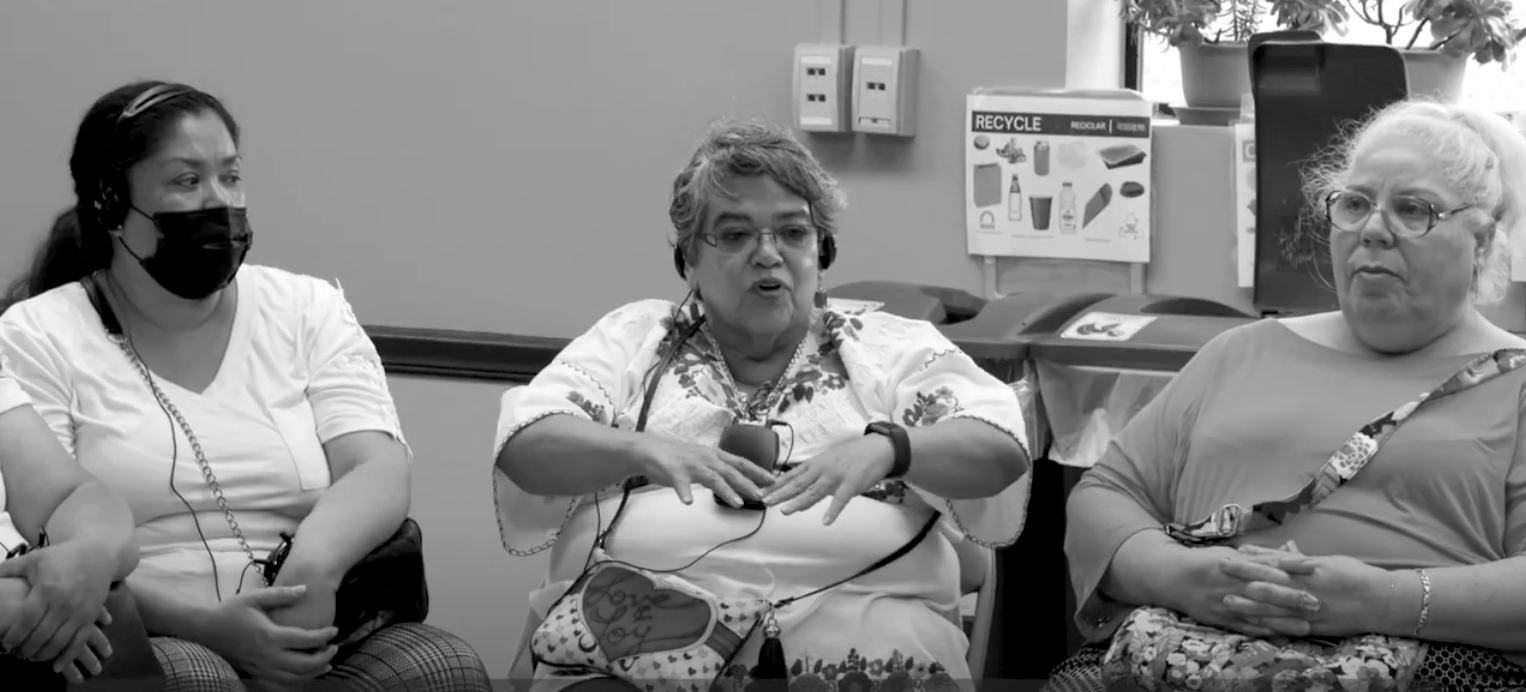Past Tour Stops
Note: This interactive map includes all counties throughout the state of California. Click on a county to learn more about each tour stop.
Statewide Listening Tour
We’re visiting communities, county by county, listening to people living in poverty and together crafting an agenda to create equal opportunity and end poverty in California. Read about the 2022 tour in the Los Angeles Times and our interactive report.

Tell us why EPIC should come to your city
"*" indicates required fields






